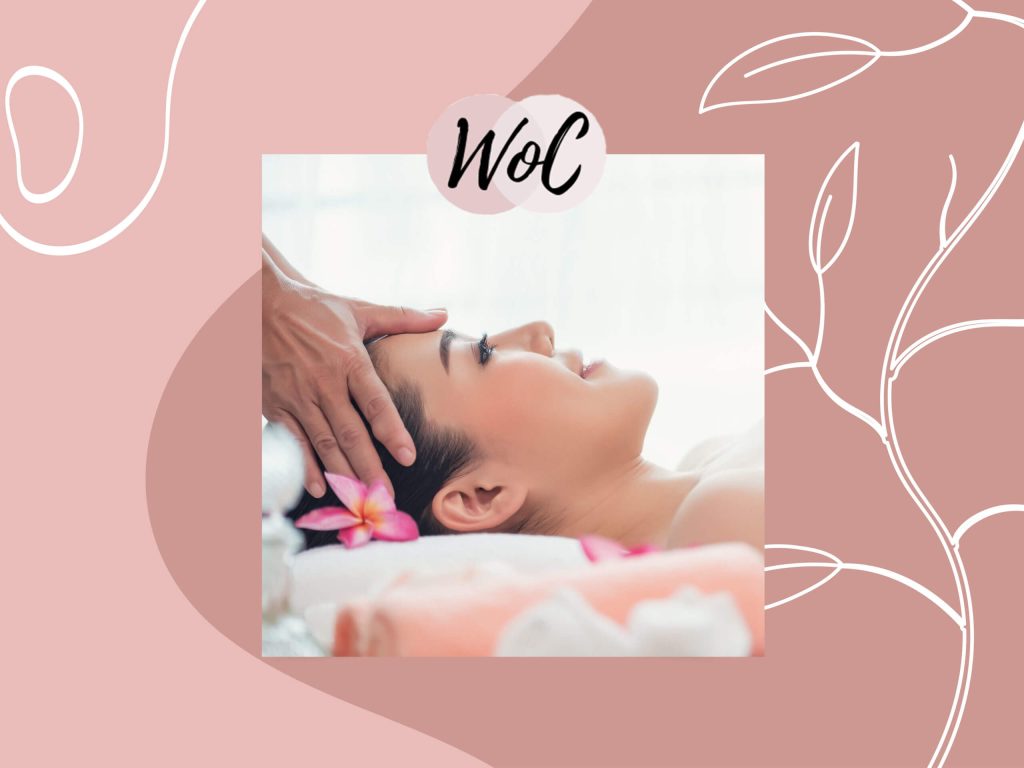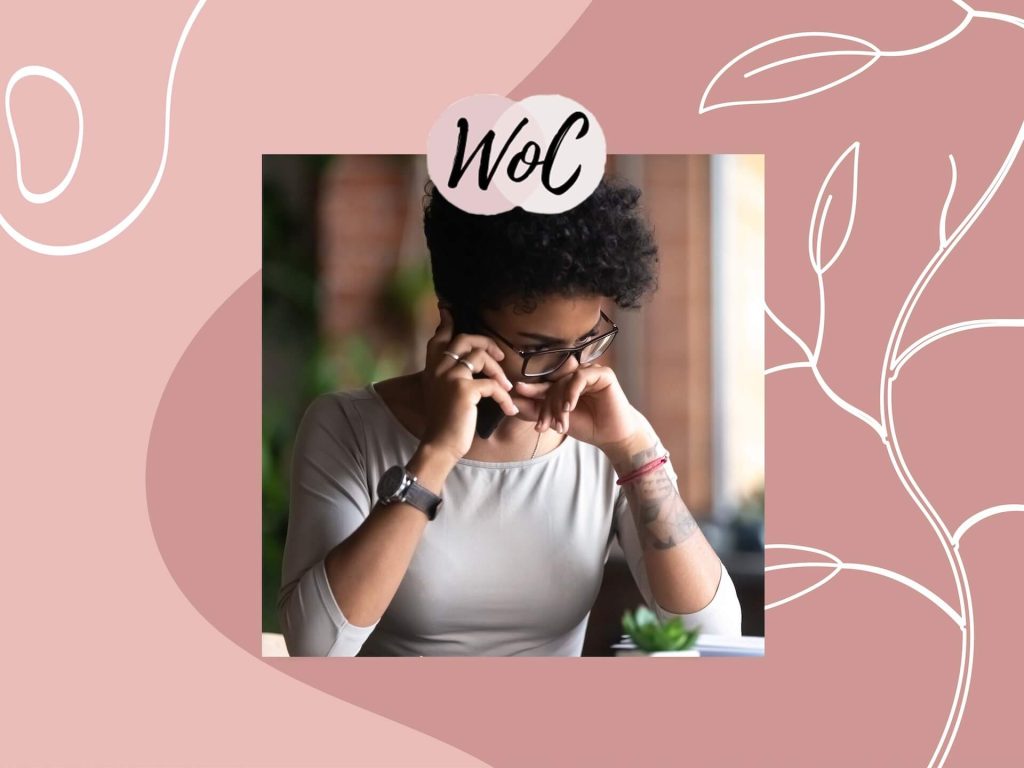School is always stressful for kids, and even more so when we are all leaving the isolation of our homes and heading back into society as the Covid-19 measures are loosening. There are many teenage girls experiencing anxiety about going back to school, and parents are looking for new ways to overcome it before turning to counselors for their children. Although in-person learning has proven to be the best for the overall mental health of teenagers and children in general, it will take some time for them to adapt to the school surroundings again.
Overcoming Anxiety About Going Back to School Won’t Be Easy After the Covid-19 Isolation
Teenage girls of color have a lot to handle. Besides being in the sensitive years, they must figure out how to deal with racism around them, and it’s not that different from black women in the workplace and what they have to deal with. And then the year of the Coronavirus pandemic kicked in, so we all stayed together in our homes, closer than ever before. Our daily routines have changed into something new, and your teenage child has gotten used to being at home and following classes online. All you had to worry about at that time was the safety precautions and the impact of social media because teenagers spent more time than ever using them. In March, the Centers for Disease Control and Prevention (CDC) gave the green light for the vaccinated people to start gathering indoors without masks and resume other pre-pandemic activities. That meant returning to the classroom in person, too.
Can You Spot the Symptoms of Social Anxiety Caused by Back to School Stress?
Symptoms of anxiety in your child may vary. It can be a withdrawal, closing up and avoiding everyone, or irritability and moments of lashing out. If they are scared to go back to school and start feeling anxious and have other mental health issues, you can easily overlook it because teenagers are great at hiding their feelings. But by carefully looking at their behavior, you can spot one or more signs that your child is anxious:
- Parents may notice that their teenage girls may have recurring worries and fears about daily routines but also feel anxious about the terrible things happening in the world caused by humans.
- If you notice that your teen is easily irritated and lashes out even at minor occurrences, it’s a sign of an issue with stress.
- When your teenage girl is nervous about going back to school, she may have trouble concentrating on her daily tasks.
- Parents may also notice that their teenager is in a new period of extreme self-consciousness or sensitivity to criticism.
- A sign of fear and tension in kids may be the withdrawal from social activity, which was not so easily spotted during the pandemic isolation.
- If you notice avoidance of any situations your teen may find difficult or unknown, pay attention to whether you notice other red flags.
- Your child may be having chronic complaints about stomach aches or headaches, too. It may seem like a physical health issue, but its roots can also be in mental health problems.
- There can be a noticeable drop in grades or refusal to go regularly to the classroom.
Besides these symptoms, your child may be asking for repeated reassurance but also experiencing problems with insomnia. If you think that the issues are serious and can lead to substance use, make sure you search for a “therapist near me,” find good therapy for black girls and make the first therapy appointment.
The Best Help Is to Mind Their Feelings
Being mindful of your child’s feelings means that you know how to calm yourself down first. When you talk to them about how they feel, set your own worries aside and pay attention. You need to give your teen girl some space to express herself and be helpful when she considers what to do about it. If you have any self-care ideas for women, you can share them with your child to help her overcome negative feelings.
Be a Model and Avoid Showing That You Are Worried
Parents often overlook the fact that their negativity and worries affect their kids. First, you need to deal with the stress you feel and visit a therapist if required, so you can be a positive influence on your teen. Once you keep your tension at bay through some self-care tips and your work with a counselor for women, you may set a positive tone for your teen. When you engage in conversations, try not to lead with questions, and aim to show your child you’re doing something to manage the situation.
Help Them See Going Back to School as a Positive Experience of This Year
Through conversations with your teen, point out the positive sides of returning to the classroom. It’s similar to dealing with work stress – tell your teen to keep her focus on the advantages of being back in the classroom, such as spending time with friends, quicker learning, easy access to the library, or simply going out of the house. By looking at it together from a positive angle, you’re empowering her to seek out what she needs in an educational institution in terms of learning and growing as a person and discard the negative experiences.
One of the Burning Topics Are the Covid-19 Safety Measures
Although we can’t promise that no one will get sick, by practicing safety measures, we will show our teen how to keep her composure while explaining how to minimize risk and keep everyone safe will set the tension bar low. Also, mention that the school has done everything to keep the risk low and keep everyone healthy.
Make Sure You Show Your Teen Some Popular Interests to Keep Her Motivated
Since the year when the Covid-19 pandemic started, kids, and especially teens, have been forced to give up their hobbies, including social gatherings and activities. But if you notice that returning to daily routines causes your teen to feel anxious, be supportive, and look for some activities together. Encourage your teen to seek popular interests for kids her age, such as playing an instrument, attending an art class, or whatever suits her personality. If the tension is an overwhelming experience for her, talk to her about does therapy work and discuss the difference between a therapist and a psychologist to figure out what she needs.
Go the Extra Mile and Promote a Healthy Life
Overall, the best way to combat feeling anxious is to address your habits. It’s no different when it comes to teenage girls, either. That’s why you need to make sure your teen gets enough good night’s sleep and has a balanced diet. These things are essential for mood and brain function, and they affect the ability to pay attention and handle all the tasks. Starting with a healthy breakfast and regular meals throughout the day, make sure your teen has a way of burning off some steam, too. Encourage them to find some stress-relieving physical activities, especially if they are outdoors.
What if It’s More Serious?
No one knows your teen better than you, and you can sense if their feelings are something that will pass quickly or if it’s new and more severe than that. It can be a disorder, so you’ll need to choose a therapist who not only handles black women and depression but can also work with teens. If it’s a problem with a bully, you’ll need to address the teachers and the counselor.
Stay Informed and Don’t Be Afraid of Reaching Out to Black Women Therapists
It’s not a failure if you can not overcome everything by yourself. Support groups such as Women of Color Therapy workshops can be of great help for you and your teenager and can lead you through uncomfortable feelings. Keep in mind that returning to class is a massive transition after a year and that you can always make a therapy appointment to discuss these issues with a therapist for black women. Contact us today.


